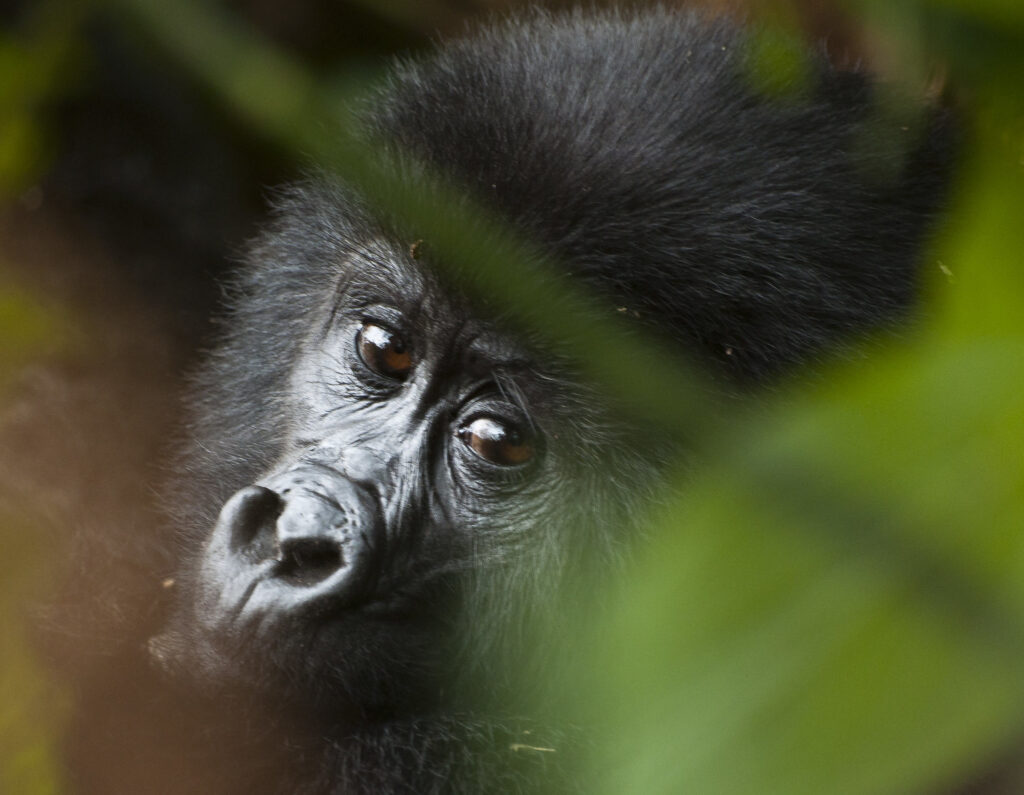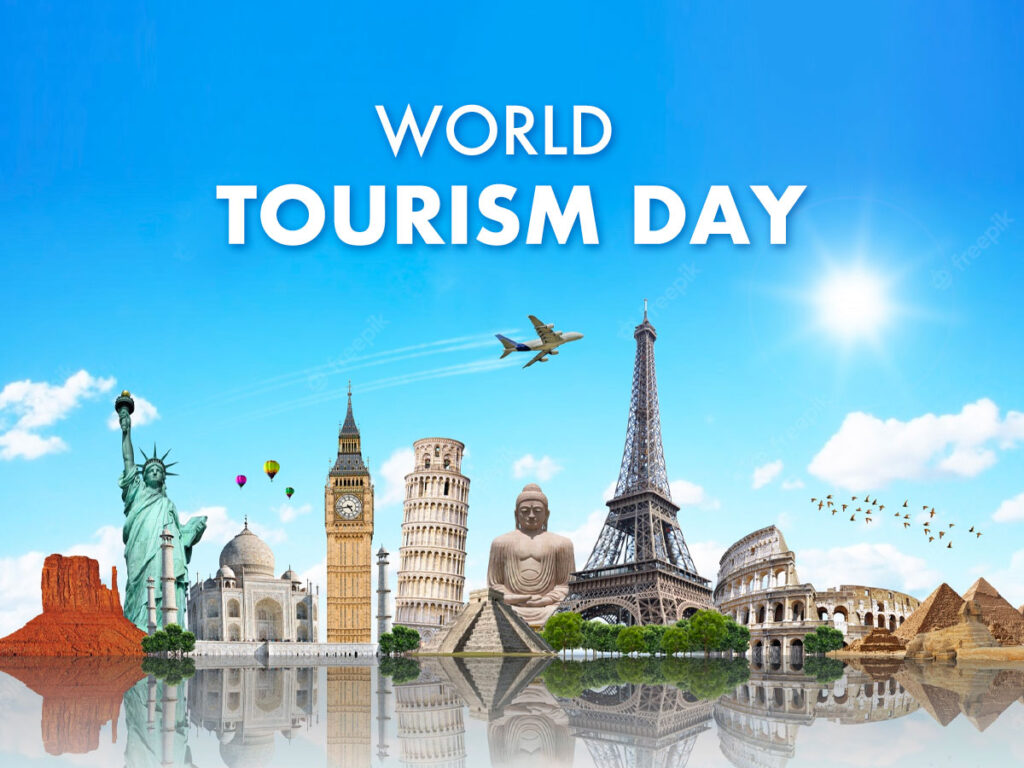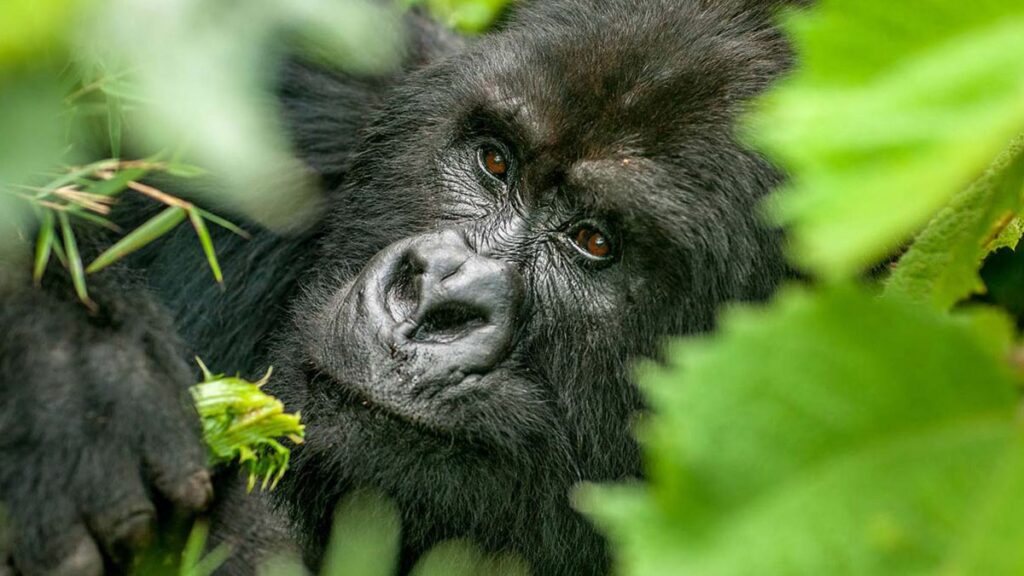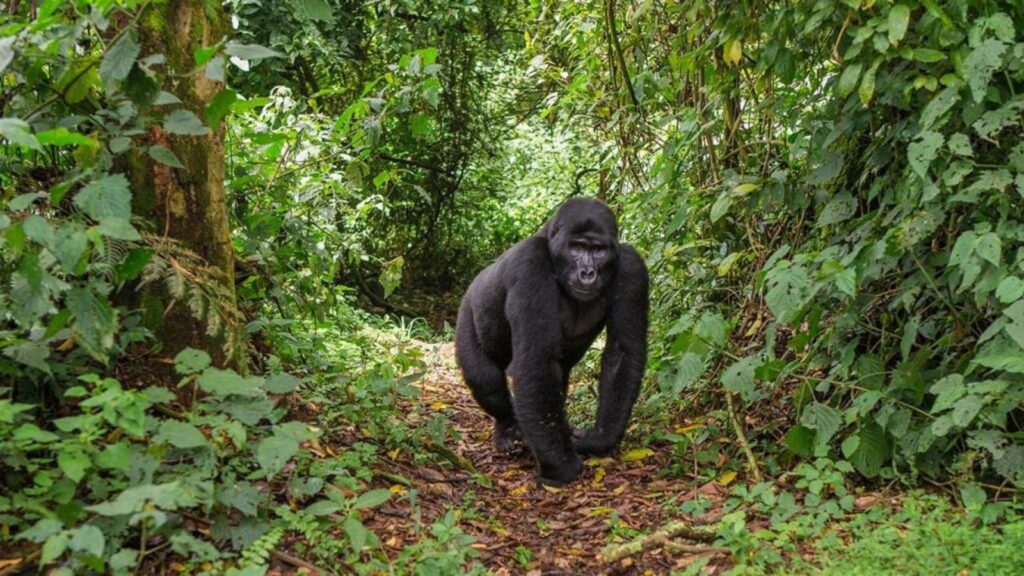The Batwa People – History, Culture, and Visiting During Gorilla Treks
The Batwa are one of the oldest indigenous communities in Uganda and Rwanda. Traditionally forest hunter-gatherers, they lived deep in the Bwindi and Volcanoes forests. Their lifestyle revolves around music, dance, storytelling, handicrafts, and intimate knowledge of forest ecosystems. Visiting Batwa communities offers a rare cultural experience while supporting sustainable tourism and conservation initiatives.
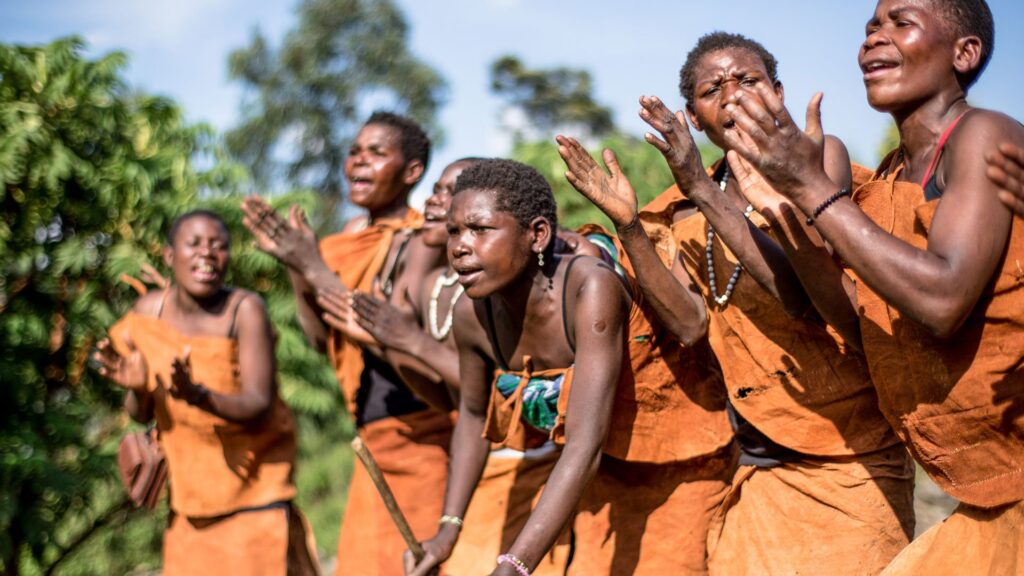
History of the Batwa People
The Batwa, also called “Pygmies,” have lived in the Albertine Rift forests for thousands of years. They relied on hunting, gathering, and forest resources. With the creation of national parks, many Batwa were displaced from ancestral lands, losing access to resources and traditional livelihoods. Despite this, they have preserved cultural knowledge, forest skills, and spiritual practices through generations.
Batwa Culture and Traditions
- Music and Dance: Integral to ceremonies, storytelling, and celebrations.
- Storytelling: Preserves myths, history, and spiritual beliefs.
- Handicrafts: Baskets, beads, and carvings reflect forest knowledge and artistry.
- Forest Knowledge: Expertise in medicinal plants, tracking wildlife, and sustainable forest practices.
- Spiritual Practices: Honor ancestors and maintain a deep connection with nature.
Visitors can participate respectfully, learn traditional skills, and witness cultural performances.
Current Status of the Batwa
Today, most Batwa live in settlements near forests. They face economic and social challenges due to historical displacement. Tourism provides income, education, and cultural preservation opportunities. Responsible visits allow travelers to contribute meaningfully while respecting Batwa traditions. Many lodges and tour operators integrate Batwa cultural visits alongside gorilla trekking, creating a sustainable partnership between tourism and community development.
How to Visit Batwa Communities Responsibly
- Arrange visits through certified guides and responsible lodges.
- Ask permission before photographing or filming.
- Participate respectfully in performances and cultural demonstrations.
- Support community initiatives by purchasing handicrafts or joining guided walks.
- Avoid interfering with daily life or sacred ceremonies.
Getting There
- Bwindi Impenetrable Forest: Batwa communities can be accessed via Buhoma, Ruhija, or Nkuringo.
- Volcanoes National Park: Accessible from Musanze, Rwanda. Tour operators or lodges arrange cultural visits.
- Visits are best scheduled alongside gorilla trekking or cultural tours for a holistic experience.
Best For
Travelers seeking meaningful cultural experiences alongside gorilla trekking. Ideal for those interested in indigenous communities, forest traditions, and sustainable tourism.
Tip
Combine Batwa cultural visits with gorilla trekking to experience both wildlife and human heritage. Ethical engagement enhances understanding and supports conservation.
Idea
Document your visit responsibly through sketches, notes, or low-light photography. Share stories highlighting Batwa culture, forest knowledge, and their role in conservation awareness.
Plan Your Tour
Visiting Batwa communities enriches a gorilla trekking adventure. Coordinate with certified guides, stay at lodges supporting community initiatives, and respect traditions. Combining cultural visits with trekking creates a memorable, responsible, and impactful experience.

